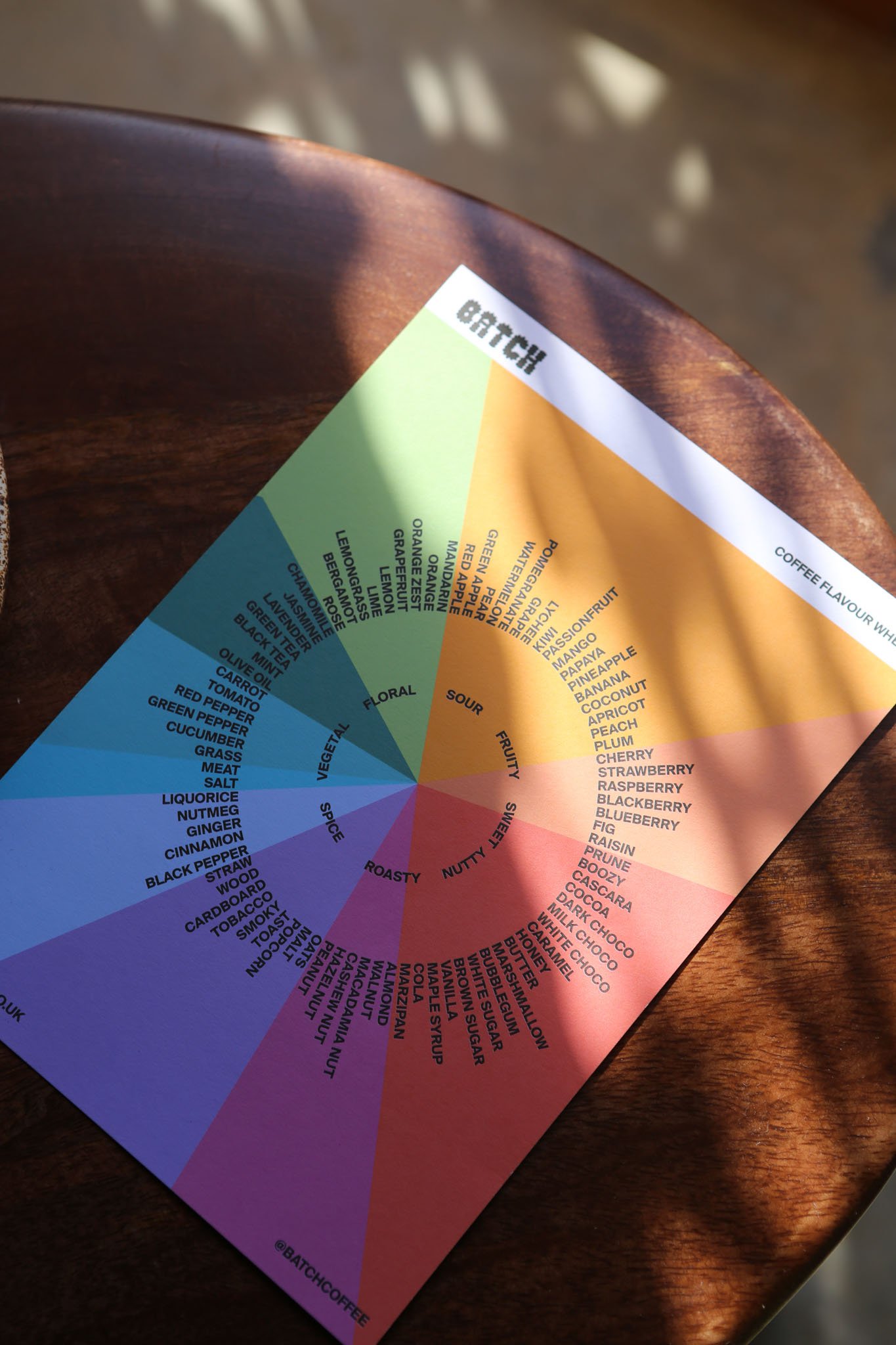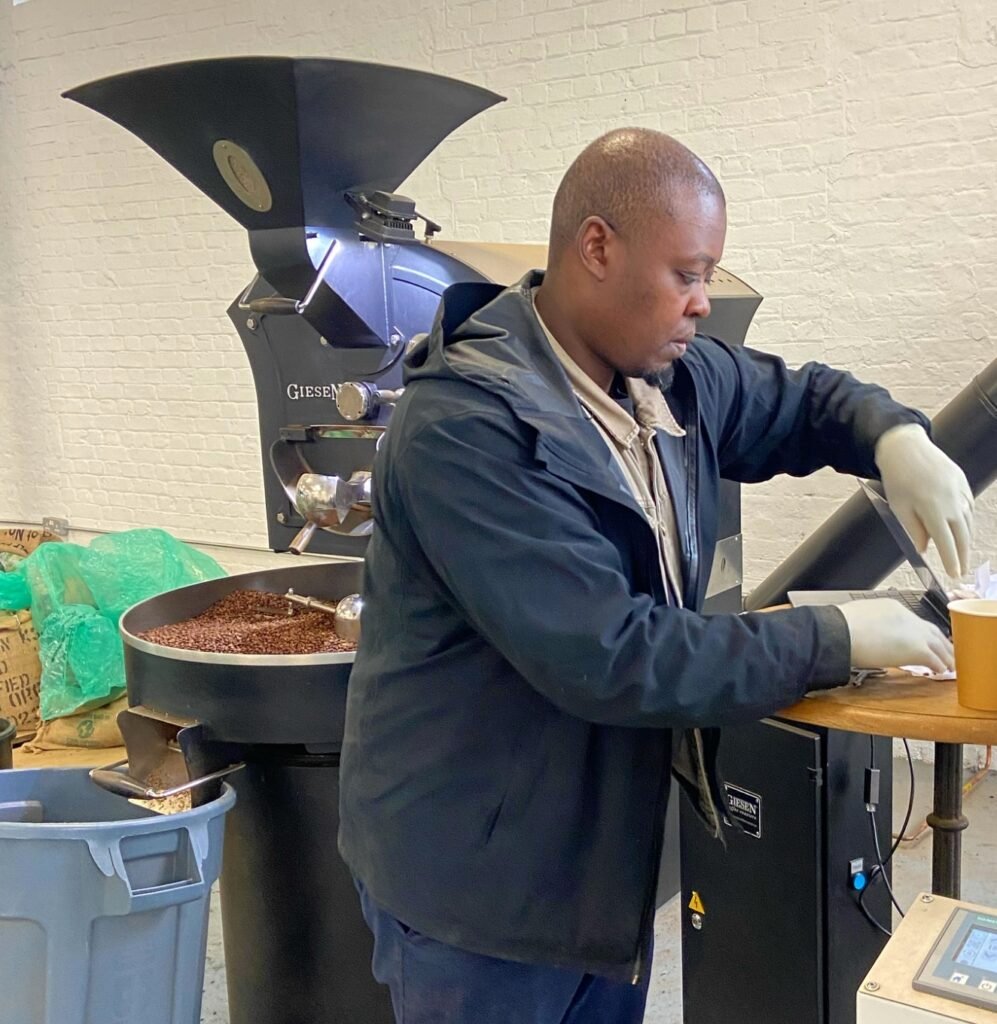
Symposium Coffee Roasters | Rukera | Kenya
Symposium Coffee Roasters are based in Norwich, Norfolk. We reviewed one of their wonderful Ethiopian coffees in March, which had some great feedback. Since then Symposium has been growing from strength to strength.

About Symposium Coffee Roasters | Rukera | Kenya
Symposium Coffee Roasters are based in Norwich, Norfolk. We reviewed one of their wonderful Ethiopian coffees in March, which had some great feedback. Since then Symposium has been growing from strength to strength. The owner Steve has a real passion for high-quality coffee and is helping spread the word of speciality coffee in Norwich and throughout the UK. Symposium source the majority of their coffee from East Africa. A region that is famed in the speciality coffee scene for producing world-class washed coffees that produce some extraordinary flavour notes, however, it is also a region of poverty and exploitation of people and the land.
GOT A MATE THAT WOULD LOVE BATCH COFFEE CLUB?
Add their details below and if they sign up to a subscription your next box is on the house.*
*No limit to friends you can recommend. When your friend subscribes we will credit your account with one free box.
Coffee Origin
Symposium source the majority of their coffee from East Africa. A region that is famed in the speciality coffee scene for producing world-class washed coffees that produce some extraordinary flavour notes, however, it is also a region of poverty and exploitation of people and the land.
Symposiums sustainable coffee sourcing model focuses on direct trade & sourcing through carefully selected coffee importers that encourage producers to improve the quality of their coffees meaning a higher price.
This can make a huge difference to household incomes as well as protecting the forests in East Africa. When farmers can build profitable coffee businesses, they don’t have to clear trees to create space for agriculture.


What To Expect
Symposium source the majority of their coffee from East Africa. A region that is famed in the speciality coffee scene for producing world-class washed coffees that produce some extraordinary flavour notes, however, it is also a region of poverty and exploitation of people and the land.






